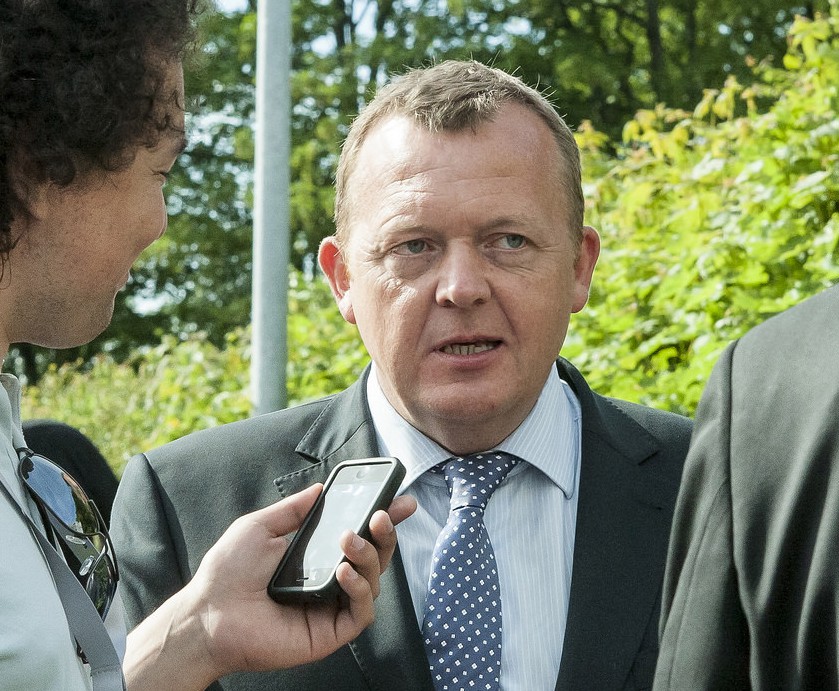With nearly all the votes counted, former Danish Prime Minister Lars Løkke Rasmussen can now call the elections for his centre-right coalition. After a tight race, it appears that the opposition bloc won by only one parliamentary seat over the ruling Social Democrats, capturing 90 seats to the centre-left coalition’s 89.
With 100% of the mainland vote counted, the governing social-democratic coalition failed to secure enough seats in the 179-seat parliament that would allow it to stay in power. Despite garnering the biggest share of the vote, 26.3%, the Social Democrats saw their leader, Prime Minister Helle Thorning-Schmidt, resign and the ruling coalition crumble. The right-wing, anti-immigration Danish People’s Party is now the second-largest in parliament (21.1%) and, together with the Liberals, will hold a big enough majority to back a new centre-right government.
After a campaign that saw both major contenders in a race to the bottom on immigration, Denmark sets a record for gains made by various right-wing parties in Europe. This also marks a new low for their mainstream rivals, as they try, or are at least expected to try, to fend off populism across the continent.
The Scandinavian country has long been associated with anti-immigration policies and is seen as one of the least welcoming to foreigners in Europe. This year’s general election is not seen as an improvement in this regard, especially when the leading social democrat—the country’s prime minister—sets the tone for strident anti-immigration rhetoric. Helle Thorning-Schmidt said in a televised appearance that she does not see Denmark as a multiethnic society. She went on to nuance the strong remarks she had made in her New Year’s address, namely that: “…I want to say loud and clear: refugees must not become social welfare clients. If you come to Denmark, you must of course work. You must use the skills you have. You must learn the Danish language, and you must meet and mix with Danish colleagues. You must see how we do things in this country…”
Some political pundits claim that it was this remark specifically, seen as slamming the door in the face of refugees and asylum seekers, that cost the Social Democrats the elections. Thorning-Schmidt consequently lost allies on the Left as the escalating immigration-bashing between her and the Liberals favoured the populists from the Danish People’s Party (DPP). Meanwhile, Mr. Rasmussen’s Liberals left the tough rhetoric to their coalition partners and succeeded in attracting moderate voters. The surge in support for the DPP could even be due to social-democrat voters, disenchanted with the Prime Minister’s policies and rhetoric, swinging to the populist right.
This radically-altered political landscape is expected to place Denmark on a collision course with the European Commission. The country is surely no stranger to that, when in the spring of 2011 the Danish government, backed by the DPP, briefly introduced border checks on the frontiers with Germany and Sweden. Whether or not the Danish People’s Party will actually be part of the new government or again just offer support is yet unclear, but we can certainly expect the next ruling coalition to be staunchly Eurosceptic.


